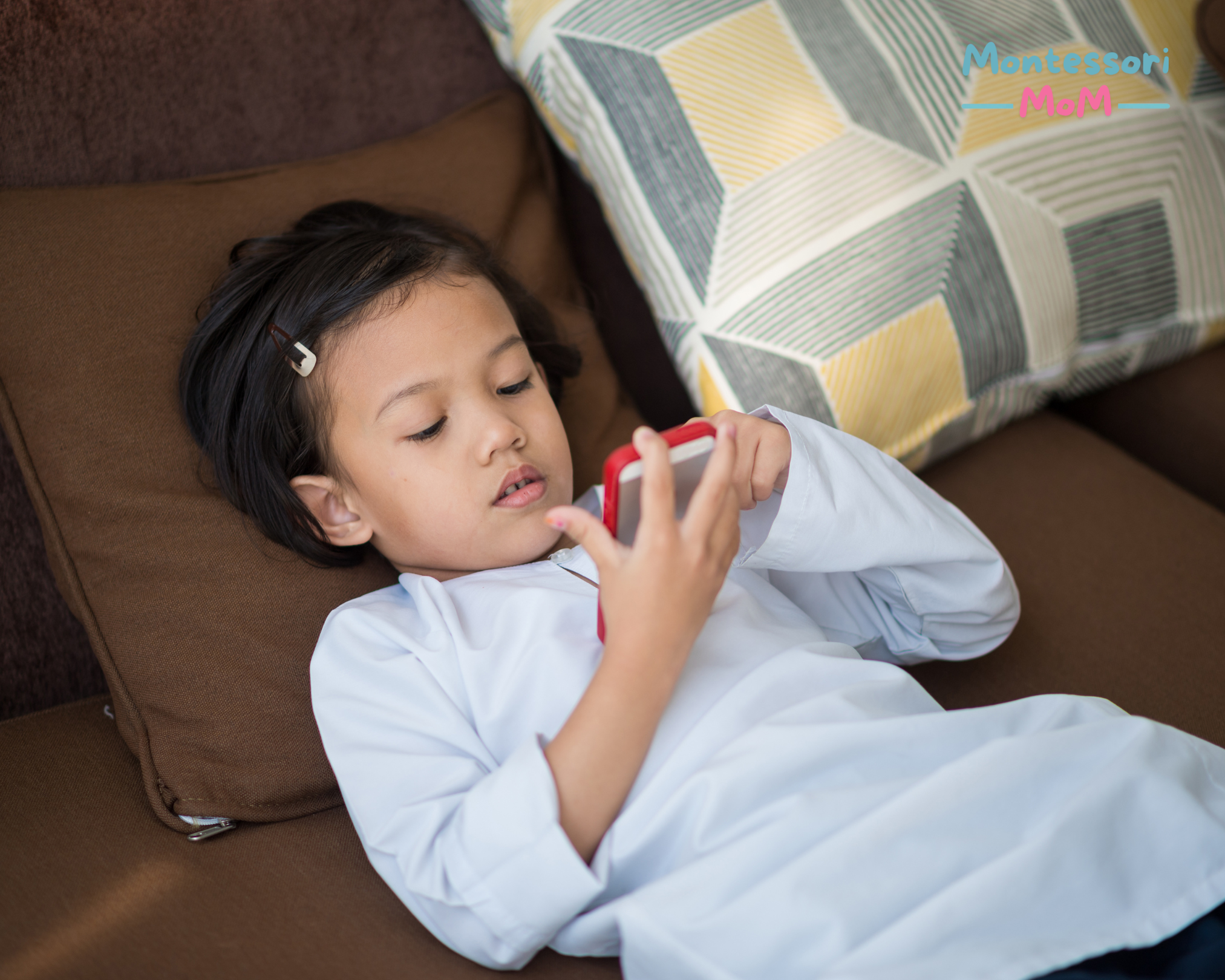How Screen Time Is Changing Your Child
5 Shocking Ways Technology Rewrites Childhood

As parents, we love those moments when our kids are fully present, engaged, and connected with us. But with screens becoming a bigger part of daily life, many of us are feeling more distant from our children. It’s not just about how much time they spend on screens—it’s about the subtle but noticeable changes we see in them. Are screens making our children into strangers? This article will look at five ways too much screen time is quietly affecting our kids and what we can do to bring back the connection that technology may be weakening.
How Technology Is Changing Our Kids
- Moving from Real-Life Interaction to Digital Engagement
What’s Happening:
Kids today often choose screens over spending time with others in real life. Whether it’s playing video games, scrolling through social media, or watching endless shows, digital activities are becoming their favorite way to pass the time. While these activities can be fun, they often replace chances for face-to-face interaction, which can lead to weaker social skills and emotional connections.
Why It Matters:
When kids spend more time on screens than with people, they may find it harder to develop important social and communication skills. Over time, this can make them seem distant or disconnected, even when they’re right in front of you.
What You Can Do:
Try to create regular screen-free times that focus on spending time together in real life. Activities like family meals, board games, or just having a conversation can help strengthen the bond and keep your connection strong.
- Emotional Numbing and Less Empathy
What’s Happening:
Some screen activities, especially those that are fast-paced or don’t involve much emotion, can cause kids to become emotionally numb. They might start to show less reaction to real-life emotions, making it harder for them to understand or share the feelings of others.
Why It Matters:
Being able to understand and share feelings with others is crucial for building healthy relationships. If kids become emotionally numb, they might have a hard time connecting with others on a deeper level, making them seem like strangers even to those who love them the most.
What You Can Do:
Encourage activities that help kids engage with their emotions, like reading stories, playing pretend, or talking about their feelings. These activities can help them stay connected to their emotions and build empathy, which is key for getting along with others.
Creating a Virtual Identity
What’s Happening:
As kids spend more time online, they often create online identities that may be different from who they are in real life. This could be through social media profiles, gaming characters, or the way they interact online, which can create a gap between their online self and their real self.
Why It Matters:
When a child’s online identity becomes more important than their real-world personality, they might start to feel confused, anxious, or even disconnected from who they really are. This can make it hard for them to feel like themselves, and it can create distance from family and friends.
What You Can Do:
Help your child find a balance between their online and offline lives by setting clear boundaries around screen time. Encourage them to take part in hobbies, sports, or other activities that are grounded in the real world to keep them connected to who they really are.
- The Impact on Physical Health
What’s Happening:
Spending too much time on screens often means kids are less active physically. This can lead to problems like poor posture, eye strain, trouble sleeping, and not getting enough exercise.
Why It Matters:
Physical health is closely tied to how kids feel emotionally and mentally. If they start having physical health issues due to too much screen time, it can make them irritable, anxious, or even depressed. These issues can make them seem more withdrawn or disconnected from those around them.
What You Can Do:
Encourage your child to be active and make sure screen time is balanced with outdoor play or sports. Setting limits on screen time before bed can also help improve their sleep, leading to better health and a happier mood.
- The Effect on Parent-Child Relationships
What’s Happening:
The more time kids spend on screens, the less time they spend interacting with their parents. This can weaken the parent-child relationship, making it harder for parents to connect with their children and understand what’s going on in their lives.
Why It Matters:
A strong relationship between parents and children is crucial for their emotional and social development. When screens come between parents and children, it can lead to feelings of isolation and misunderstanding, making them feel like strangers to each other.
What You Can Do:
Make an effort to spend quality time with your child without screens. Whether it’s taking a walk, cooking together, or just talking, these moments can help rebuild and strengthen the connection that screens may have weakened.
Reconnecting in a Digital Age
While technology has its benefits, it’s important to be aware of how it might be subtly changing our children and our relationships with them. By taking steps to limit screen time and prioritize real-world interactions, we can help our children stay connected to themselves, their families, and the world around them.
Ready to take the first step? Download our free guide:
Bedtime Detox & Connect Plan for Busy Moms.
This plan provides you with a simple step-by-step guide to creating your own effective bedtime routine designed to transform bedtime chaos into calm. By following these steps, you can reduce screen time tantrums, improve your child’s behavior, and strengthen your parent-child bond.
Inside, you’ll find a clear, step-by-step instructions with engaging activities and practical tips to help you create a peaceful, screen-free evening. Let’s get started and make bedtime a time of tranquility and connection.





